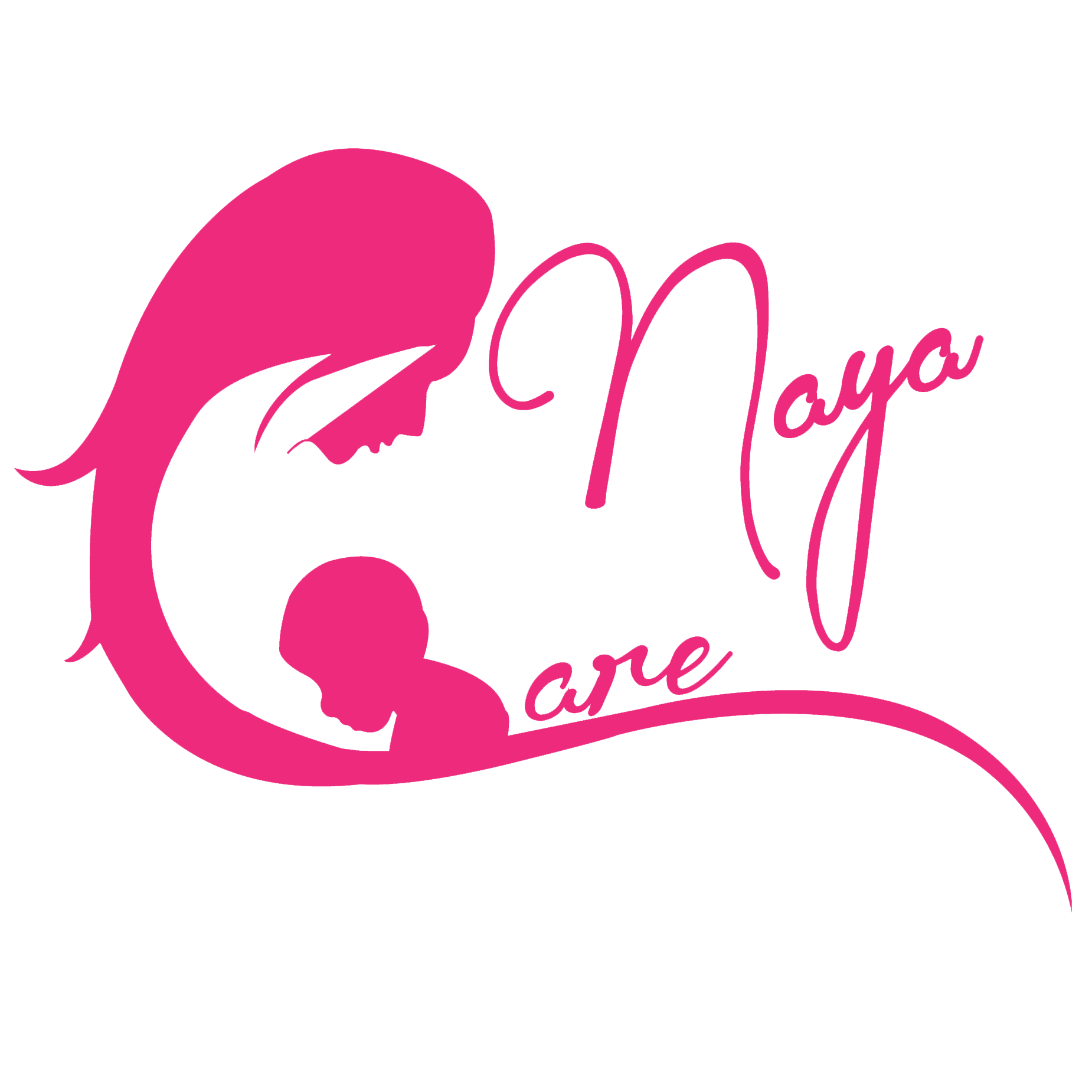My passion is simple, improving postpartum care for moms and newborns in the United States.
The period right after delivery and up to 4 months is defined as the postpartum period or considered the 4th trimester. Within this period, moms are recovering from a delivery, attempting to heal, trying to breastfeed, take care of themselves, their baby, and family. This period is also a critical time for establishing the mother-newborn bond that will directly influence infant and childhood development.
The postpartum period should be a time of healing and bonding at home. However, in the current state of healthcare, challenges have emerged to create a system that does not effectively address the needs of both moms and babies. Rather the system has become fragmented and places pressures on motherhood.
One can argue when motherhood actually begins. I believe it’s when you give birth and hold the baby in your arms for the first time. This is when the reality of motherhood hits. This is when the questions and advice start pouring in: Are you going to breastfeed? Is your baby getting formula? Make sure to sleep when the baby is, and in between feeding and changing every 2-3 hours, make sure to take care of yourself. After leaving the hospital, you need to go your first pediatric appointment. If you are having trouble with breastfeeding, there is a support group to attend on this side of time. Feel like crying all the time, there is a postpartum depression support group on the other side of town. From the birth of that child, motherhood has become exhausting and care dispersed.
In an era, where anything can be delivered to the house by a click of a mouse, why can’t we deliver healthcare to moms and newborns at home? Before addressing that question, let’s explore the current state of postpartum care here in the US through four stories. My four stories in which I had four different outcomes but went through a generic system of care.
Read the full post at Women in White Coats.

